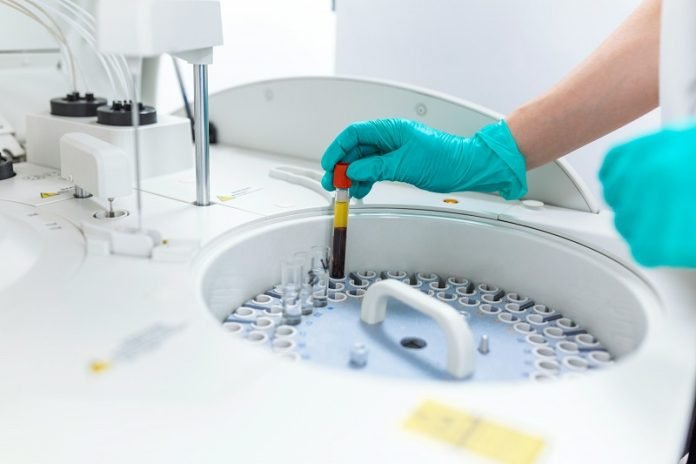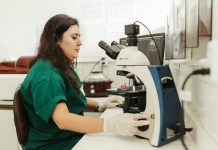
Cancer remains one of the most challenging diseases of our time, with pancreatic and liver cancers among the most formidable types.
Despite advances in medical science, these cancers often present significant treatment challenges and have concerning survival rates.
Understanding the connection between pancreatic and liver cancer, their outlook, and the latest research can provide hope and direction for patients and their families.
Understanding Pancreatic and Liver Cancer
Pancreatic cancer begins in the tissues of the pancreas, an essential organ lying behind the lower part of the stomach. It’s notorious for its aggressive nature and the difficulty of detection in early stages.
Symptoms often don’t appear until the cancer is advanced and can include jaundice, weight loss, diabetes, and abdominal pain.
Liver cancer, on the other hand, starts in the liver, a vital organ responsible for filtering blood, processing nutrients, and fighting infections.
The most common form is hepatocellular carcinoma (HCC), which occurs predominantly in people with chronic liver diseases, such as cirrhosis caused by hepatitis B or C infection or alcohol consumption.
The Connection Between Pancreatic and Liver Cancer
The connection between pancreatic and liver cancer lies primarily in the risk factors they share, including obesity, smoking, and particularly chronic inflammation in the digestive system.
Moreover, both cancers can stem from similar genetic mutations. Research indicates that diseases affecting the liver, such as hepatitis, can increase the risk of pancreatic cancer, suggesting a link in their pathogenesis.
Outlook and Survival Rates
The outlook for pancreatic and liver cancer patients has historically been grim, mainly due to late diagnosis and the aggressive nature of these cancers.
Pancreatic cancer’s five-year survival rate remains low, as symptoms often only appear after the cancer has spread. Similarly, liver cancer’s prognosis is often poor unless caught early, typically during surveillance for chronic liver disease.
However, there’s hope. Advances in diagnostic techniques, including more sophisticated imaging and biomarker tests, are improving the early detection of these cancers.
For liver cancer, treatments such as resection, liver transplant, and targeted therapies can offer curable options in early stages.
Pancreatic cancer treatment includes surgery for early-stage disease, chemotherapy, and radiation therapy, with ongoing research into targeted therapies and immunotherapies.
Current Research and Future Directions
Current research into pancreatic and liver cancer focuses on understanding the genetic basis of these diseases, improving early detection methods, and developing more effective treatments.
For instance, studies on liquid biopsies are promising for early cancer detection through simple blood tests.
Immunotherapy, which boosts the body’s natural defenses to fight cancer, is another area of intense study, offering hope for treatment options that are more effective and less harmful than traditional chemotherapy.
Clinical trials for both pancreatic and liver cancer are ongoing, investigating new drugs, drug combinations, and approaches like precision medicine, which tailors treatment to the individual’s genetic makeup.
These advancements represent significant hope for improving outcomes for patients with these cancers.
Pancreatic and liver cancers are among the most challenging cancers to treat, with complex connections and often daunting prognoses. However, the landscape is evolving rapidly, with research pushing the boundaries of what’s possible in cancer care.
By understanding these diseases better, advocating for early detection, and supporting ongoing research, we can improve the outlook for individuals facing these serious diagnoses.
As science advances, there’s growing hope that we’ll find more effective ways to prevent, detect, and treat pancreatic and liver cancer, offering brighter futures to those affected.
If you care about cancer, please read studies about a new method to treat cancer effectively, and this low-dose, four-drug combo may block cancer spread.
For more information about cancer prevention, please see recent studies about nutrient in fish that can be a poison for cancer, and results showing this daily vitamin is critical to cancer prevention.
Copyright © 2024 Knowridge Science Report. All rights reserved.



